Whether you’re conducting your own research online or talking with friends and family, it’s well-established that there are approximately 3,000 opinions for every question you may have about any aspect of raising your child.
And when it comes to feeding your child? It’s about double that.
Every day, parents are presented with a range of ideas about what is best for their children. Whether it’s age-old wisdom being handed down from family members, a technique from a pediatrician-recommended book, or the latest trend showing up on social media, sorting through the data—and what it means for you specifically—can be overwhelming, especially as a new parent.
That’s why the team at Nest Collaborative has compiled some helpful, backed-by-science statistics to support—not overburden—breastfeeding parents. Instead of overwhelming you, we want to provide you with the must-know information.
Many parents in the United States begin their feeding journey by breastfeeding. According to a 2019 Centers for Disease Control and Prevention (CDC) report:
Exclusive breastfeeding for six months is what’s recommended, but every breastfeeding journey is different. Each new parent comes to breastfeeding with their own expectations and goals for feeding their child, as well as unique circumstances that influence outcomes.
These numbers may seem high or low to you, depending on where you live or the environment you were raised in. In your community, it may feel like every new parent breastfeeds or as if none do.
Indeed, some regions in the United States have lower-than-average breastfeeding rates, and others have higher-than-average rates. In some states, such as West Virginia and Mississippi, only 13-14% of babies are exclusively breastfed at six months, but in other states, like Minnesota and Vermont, it’s 36%. Moreover, experiences vary greatly within states.
Why is there so much variation in breastfeeding numbers? Often, it comes down to the accessibility of breastfeeding education and support services. In many places where parents seem to breastfeed longer, lactation consultant services tend to be free or low-cost for all new parents.
More generally, studies show that families that access breastfeeding education and lactation support services tend to breastfeed for longer, experience fewer challenges, and have a more positive experience in their breastfeeding journey.
Around 60% of parents discontinue breastfeeding earlier than they had planned. The most common reasons for ending breastfeeding early are:
Yet breastfeeding parents shouldn’t let these issues discourage them. Instead, consider the information as you establish your intentions for your breastfeeding journey—both to make them realistic and to identify measures you can take to support them. Working closely with an IBCLC can also help you understand your options more clearly.
As they say, if you fail to plan, you plan to fail. And so it makes sense to establish goals for your breastfeeding journey, but you also need the right support to achieve them. A 2007 study found a 200% increase in exclusive breastfeeding between 4-6 months and a 160% increase in the 6-12 month group when participants received both prenatal and postpartum breastfeeding education materials during maternal and well-child visits.
There are lots of reasons that goals can shift and change during the course of an individual’s breastfeeding journey. And that’s OK. Issues may come up that cause you to reevaluate your plan.
If you’re just beginning a breastfeeding journey, learning about all the benefits and challenges of breastfeeding your child can help set you up for success in reaching your breastfeeding goals.
Other ways to support setting (and achieving) realistic breastfeeding goals include:
While lactation support has not traditionally been viewed as preventative care, meeting with an international board-certified lactation consultant (IBCLC) prior to delivery can help new parents understand potential breastfeeding challenges and gain the knowledge needed to support their breastfeeding success.
For example, an IBCLC can help with anticipatory guidance and education on topics such as recognizing hunger cues, learning common breastfeeding positions, understanding the feeding frequency of newborns, and how to tell if babies are getting enough breast milk.
These inventions are especially beneficial when they’re part of prenatal education. Prenatal lactation appointments allow new parents to develop a relationship with a supportive professional so that, if problems do arise, they are more readily able to address them and continue working toward their breastfeeding goals.
An IBCLC can provide invaluable support and guidance in person or virtually through telehealth appointments. In fact, telehealth lactation care in particular can provide huge benefits for new parents.
Even before the Covid-19 pandemic, studies indicated that telehealth services for lactation care showed promise in supporting positive outcomes for breastfeeding parents. Since 2022, however, research continues to demonstrate that telelactation care increases breastfeeding rates and decreases early breastfeeding cessation.
Studies have found that virtual lactation support significantly increases exclusive breastfeeding rates at six months. Among a group of breastfeeding parents who received virtual lactation support, 52% of breastfeeding parents reported that they were still exclusively breastfeeding at six months—more than twice the national average.
An even bigger benefit is seen when lactation care providers and primary care providers collaborate to support patients. A study of team-based breastfeeding support found 84% of providers reported patients had a positive breastfeeding support experience and 85% reported patients having adequate support and access to lactation when needed.
At Nest Collaborative, our IBCLCs work closely with your healthcare providers to provide a holistic healthcare experience to help you achieve your breastfeeding goals.
Our culture has come a long way when it comes to supporting new parents with breastfeeding, but there’s still lots of room for progress. Breastfeeding is something we often don’t talk about until we need to, so the learning curve can be steep, although advocates aim to change this.
Nest Collaborative has a mission to increase access to lactation care by offering virtual lactation appointments for everyone. Our IBCLCs provide guidance and help to parents and families no matter where they’re at on their breastfeeding journey—in fact, parents supported by Nest Collaborative are 23% more likely to be breastfeeding at six months postpartum and 11% more likely to be exclusively breastfeeding through six months.
Our unbiased, evidence-based, multi-lingual team increases access to lactation support by providing virtual appointments, offering flexible appointment windows, and even assisting patients with insurance billing.
To get one-on-one support with your breastfeeding journey, book an online lactation appointment with a Nest Collaborative IBCLC today.
